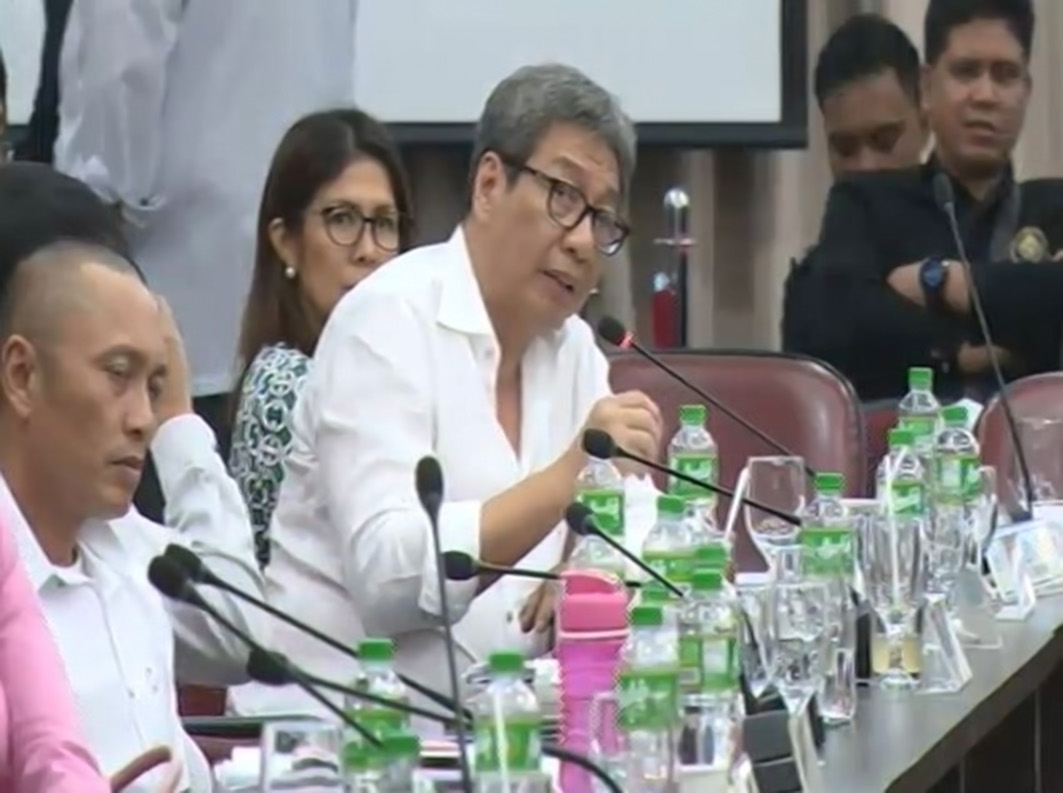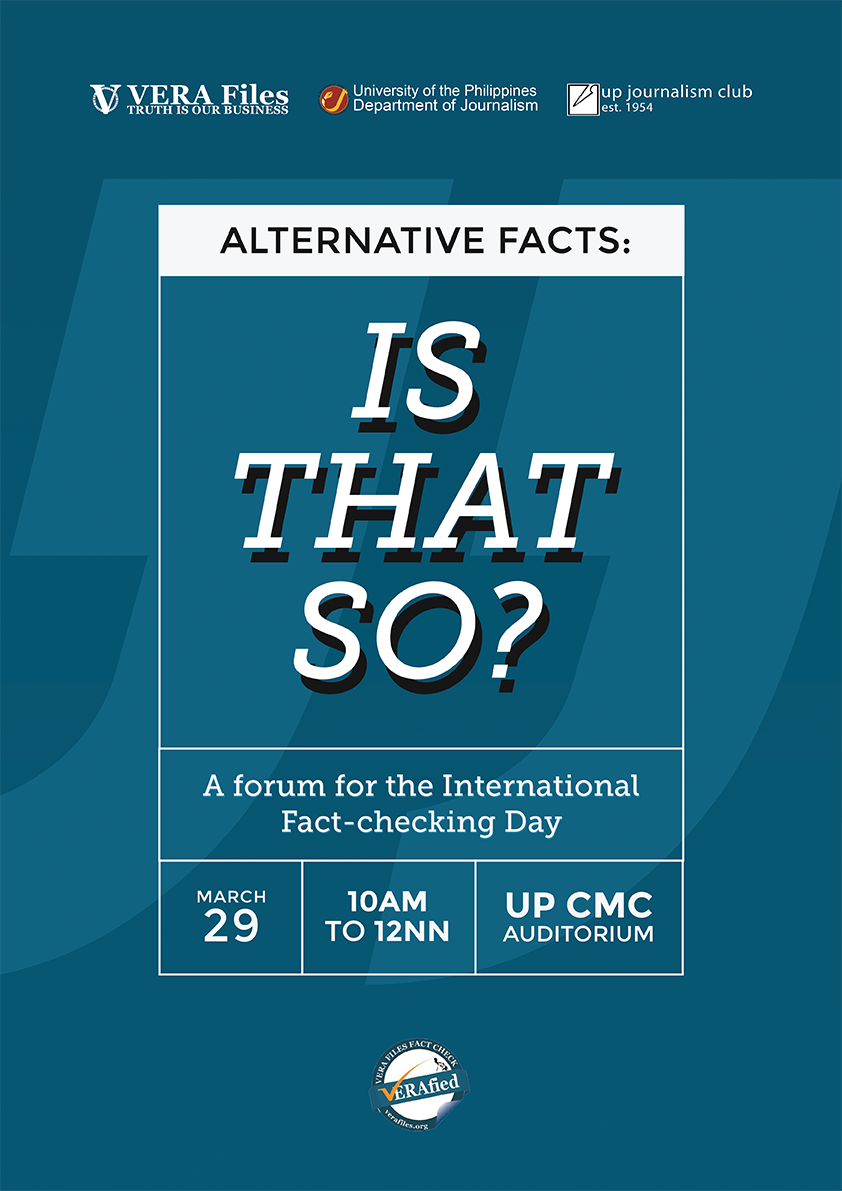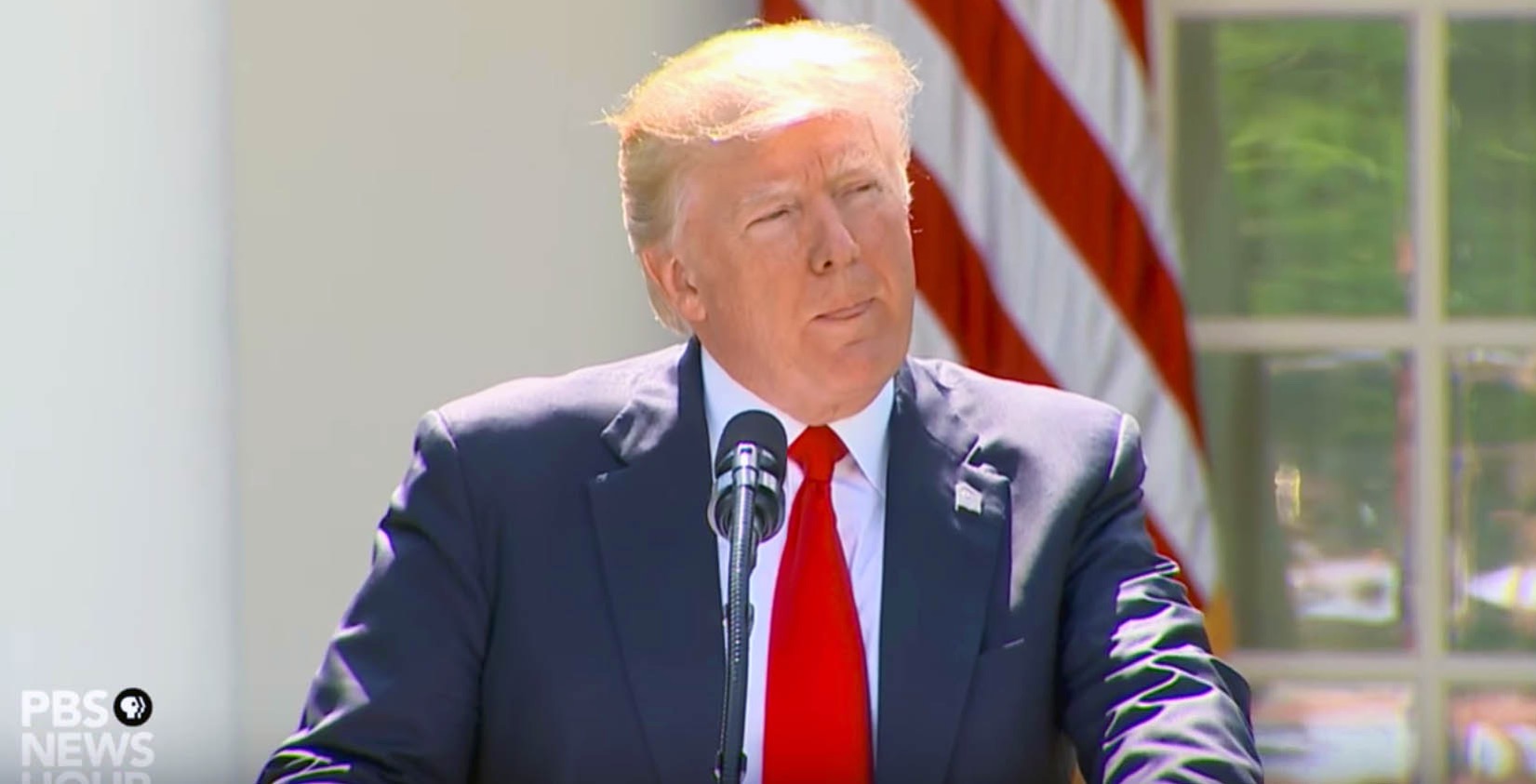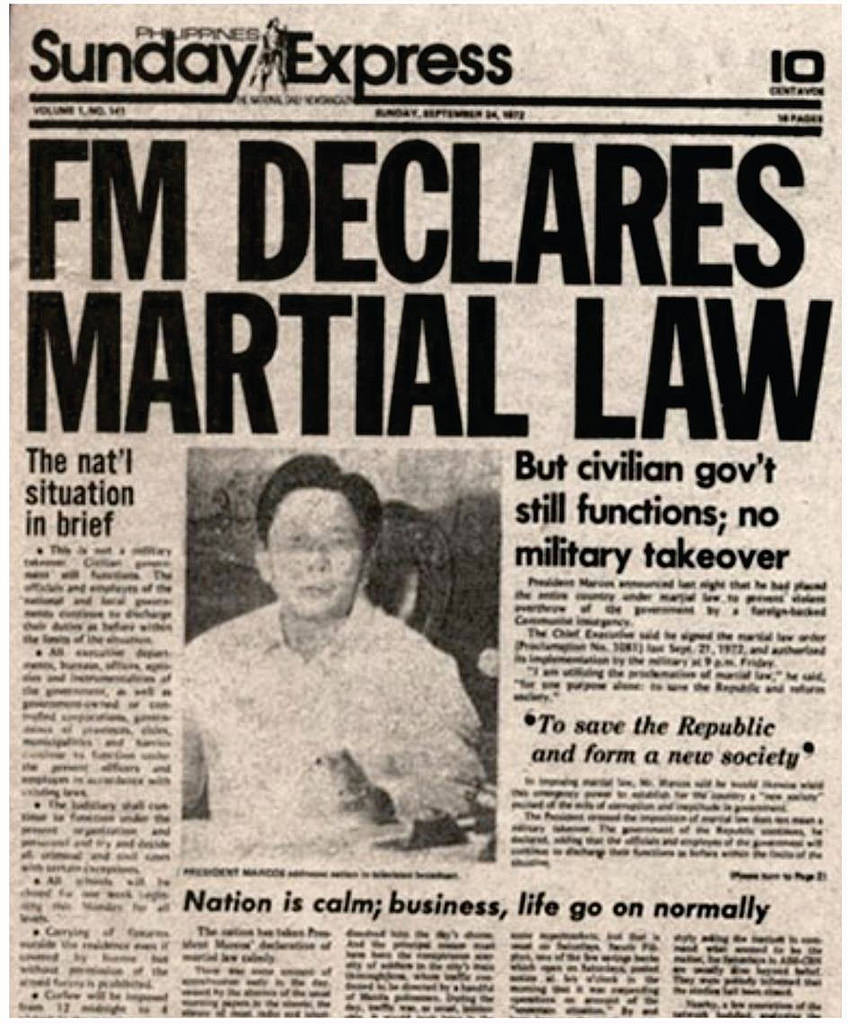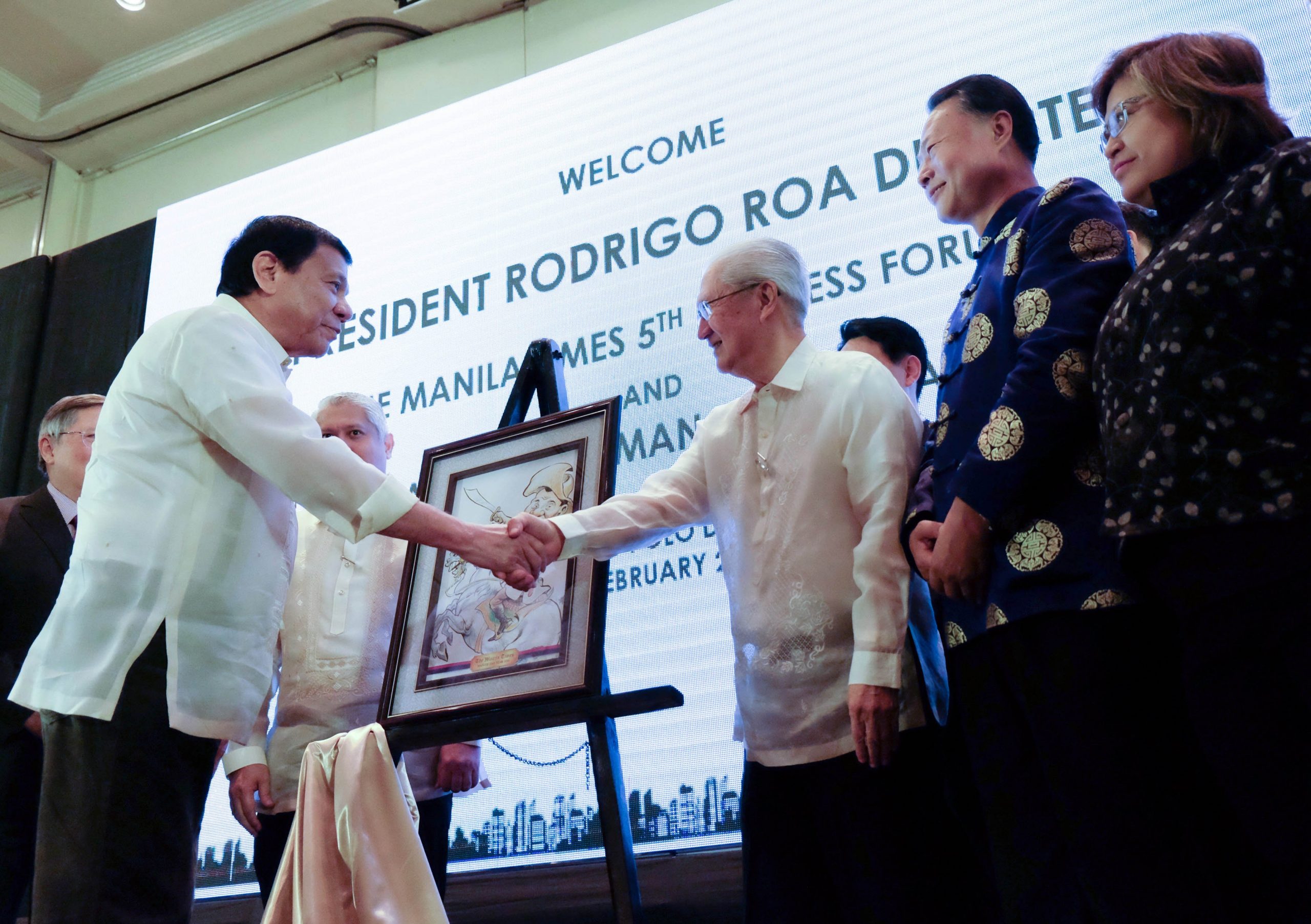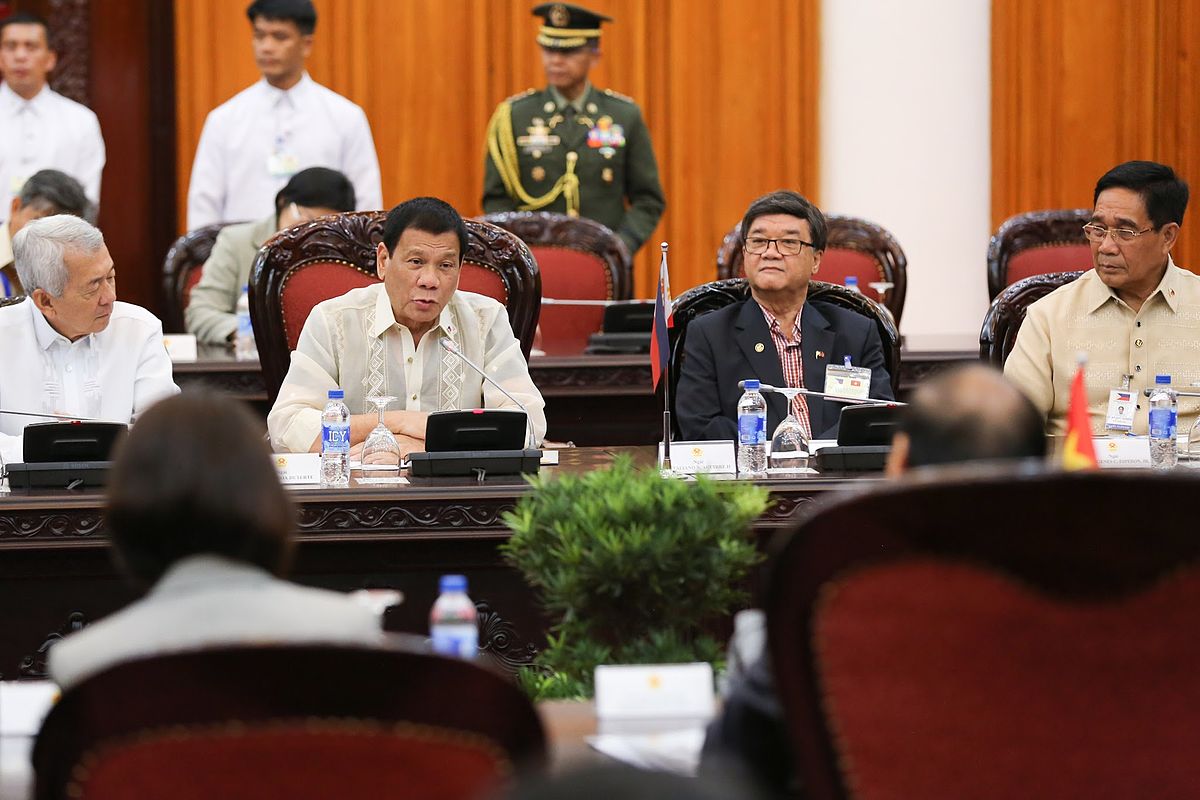Isabela Rep. Rodolfo Albano III said elected government officials are not prohibited from gambling in casinos because the people who put them in office knew they gamble and frequent casinos but still voted for them anyway.
Albano made this declaration after Philippine Amusement and Gaming Corporation (PAGCOR) chair Andrea Domingo pointed out that House of Representatives members might not be allowed to play in casinos.
The exchange happened June 21 at the investigation by the committees on games and amusements, public order and safety, and tourism on the Resorts World Manila tragedy. (Source: House of Representatives’ third hearing on the Resorts World Manila attack, June 21, 2017, watch from 04:49:40 to 04:50:23)
So, what has caused the confusion between the two? Here are five facts you need to know.
FACT SHEET
Which law governs casinos in the Philippines?
Presidential Decree (PD) 1869, otherwise known as the PAGCOR Charter, was enacted to make the institution’s regulatory powers more effective on gaming businesses engaged in gambling operations.
PAGCOR is a government-owned and controlled corporation that “regulates, operates, authorizes and licenses games of chance, games of cards and games of numbers, particularly casino gaming in the Philippines.”
It was established through PD 1067-A, which ordered the creation of PAGCOR to fulfill “a pressing need for the government to tap potential resources from which funds can be generated to finance its many infrastructure and socio-civic development projects.”
The PAGCOR Charter fused PD 1067-A with earlier decrees governing the regulatory agency: PD 1067-C, PD 1399, PD 1632 and PD 1067-B, which was the first to enumerate the persons not allowed to gamble in casinos.
Who are prohibited from gambling in casinos?
The very same list in PD 1067-B is now written under Section 14(4) of PD 1869. Persons not allowed to play in gambling casinos are:
- Government officials connected directly with the operation of the government or any of its agencies;
- Members of the Armed Forces of the Philippines, including the Army, Navy, Air Force or Constabulary; and
- Persons under 21 years of age or students of any school, college or university in the Philippines.
The 34-year-old decree was signed by former President Ferdinand Marcos on July 11, 1983. Over the years, two memorandum circulars have since been signed to enforce the rule.
What other policies cover public officials gambling in casinos?
On Aug. 28, 2001, former president and now Pampanga Rep. Gloria Macapagal Arroyo signed Memorandum Circular No. 8, based on PD 1869, copying from the PAGCOR Charter the same list of persons not allowed to play in casinos.
PAGCOR also published the latest version of the Responsible Gaming Code of Practice in November 2014, which reiterates persons not allowed to play as stated in the previous policies.
Finally, on Sept. 20, 2016, Executive Secretary Salvador Medialdea signed Memorandum Circular No. 6 to reinforce the prohibitions especially for government officials, citing Section 2 of the Republic Act 6713 or the Code of Conduct and Ethical Standards for Public Officials and Employees.
Are there other laws that govern the conduct of government and public officials and employees?
Section 1 of Article XI of the 1987 Constitution says:
“Public office is a public trust. Public officers and employees must at all times be accountable to the people, serve them with utmost responsibility, integrity, loyalty, and efficiency, act with patriotism and justice, and lead modest lives.”
The Code of Conduct and Ethical Standards for Public Officials and Employees details the standards or “norms” a public official must adhere to. Section 4(h) of the law reads:
“Public officials and employees and their families shall lead modest lives appropriate to their positions and income. They shall not indulge in extravagant or ostentatious display of wealth in any form.”
Section 3(b) of the law defines who public officials are:
“Public officials” includes elective and appointive officials and employees, permanent or temporary, whether in the career or non-career service, including military and police personnel, whether or not they receive compensation, regardless of amount.
Civil servants, on the other hand, are bound by a Code of Ethics promulgated by the Civil Service Commission as mandated by the Revised Administrative Code of 1987.
With all these policies, where does the confusion lie?
The prohibition in the PAGCOR Charter which states “Government officials connected directly with the operation of the Government or any of its agencies,” has not been interpreted by the Supreme Court to either include or exclude senators or members of the House of Representatives.
The Rules of the House of Representatives does not state anything against public officials gambling in casinos.
What do experts think?
PAGCOR chair Domingo refused to comment further when asked to clarify if PAGCOR considers lawmakers prohibited from gambling in casinos.
Lawyer Ray Santiago of the Ateneo Human Rights Center said it is difficult to interpret the law.
National College of Public Administration and Governance (NCPAG) professor Minerva Baylon said a lawmaker who sees nothing wrong in gambling in casinos demonstrates “a lack of appreciation and understanding of what being a public servant means.”
The HOR’s good governance and public accountability committee which Albano co-heads is the one that handles “all matters directly and principally relating to public officers and employees’ wrongdoings or any matter of public interest.”
Sources:
Interview with NCPAG Dean Fe Mendoza
Interview with NCPAG professor Minerva Baylon
PAGCOR Responsible Gaming Code of Practice
Revised Administrative Code of 1987
Presidential Decree no. 1067-A
Presidential Decree no. 1067-B
Rules of the House of Representatives
Memorandum Circular No. 6, s. 2016
Memorandum Circular No. 8, s. 2001
